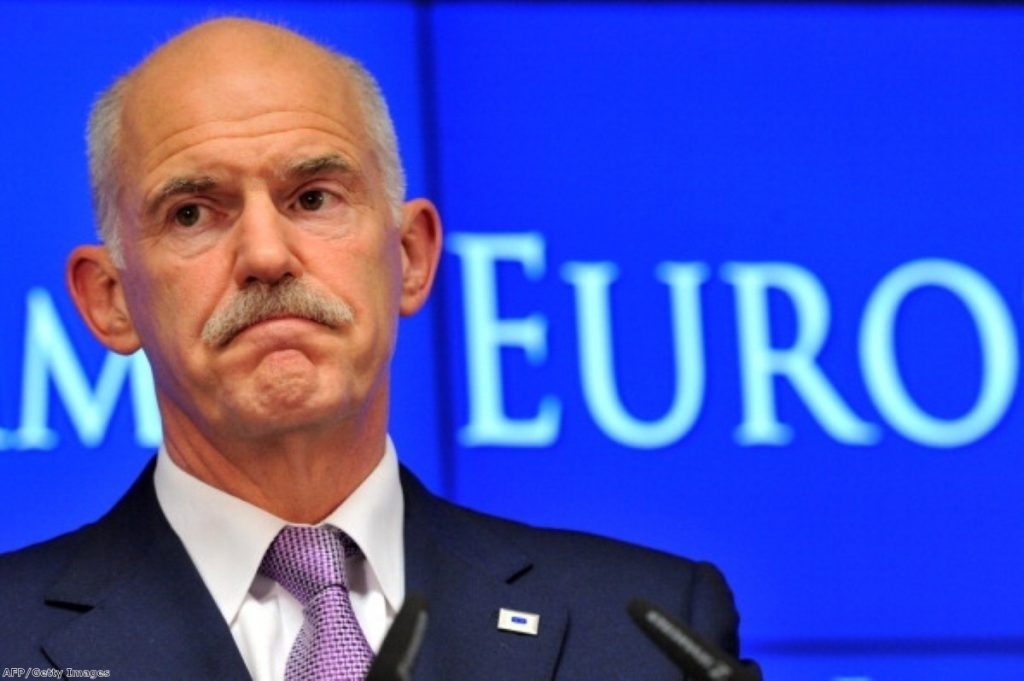Coalition’s eurozone response ‘disaster waiting to happen’
By Alex Stevenson Follow @alex__stevenson
Britain's response to the eurozone crisis could cost the UK thousands of jobs, Ed Balls has warned.
The shadow chancellor expressed concern after David Cameron told MPs last week that Britain would renegotiate the terms of its membership of the European Union when eurozone states seek to strengthen their fiscal ties.
"This is a disaster waiting to happen," the shadow chancellor wrote in an article for the Independent on Sunday newspaper.
"British jobs and investments depend on our full membership of the single market. Already British business is worried that the UK is not punching its weight on vital reforms. And we should be prioritising getting a better EU budget settlement than last month’s ill-judged and out-of-touch proposals."
Mr Balls said he feared the latest bailout of the Greek economy would become "just another sticking plaster" which would put "thousands of British jobs" at risk.
He added: "If David Cameron and George Osborne use this crisis to undermine Britain's EU membership, the economic and wider consequences will be much graver."
Liberal Democrat business secretary Vince Cable insisted that the Greeks had "grasped the principle of debt reduction", however.
He told BBC1's The Andrew Marr Show: "They've just begun to take the first steps of accepting there's going to have to be closer economic integration of the EU."
Lib Dem enthusiasm for more European integration and the strength of euroscepticism on the Tory backbenches are set to create one of the biggest sticking-points of the coalition government in its four years left in power.
Both governing parties will be concerned by the impact the eurozone crisis has on Britain's own GDP growth prospects, however. Figures for the second quarter will be published on Tuesday.
"It's not great, and it's not surprising it's not great," Mr Cable added. He cited the banking collapse and recession, together with the effect of the coalition's deficit reduction agenda, as reasons for stagnant growth in the last nine months.
Mr Cable suggested that "we're beginning to see real evidence of rebalancing". But he acknowledged a "genuine problem with consumer demand" is not yet going away.





-01.png)